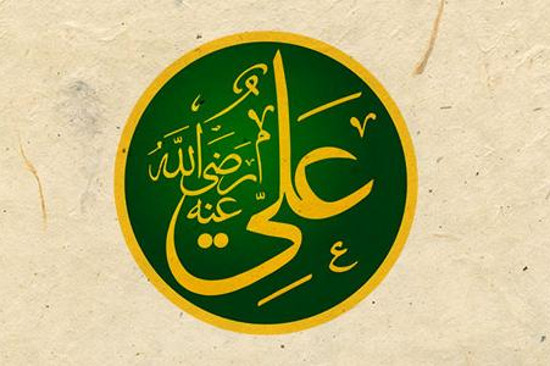
In the year 10 A.H, before the Hajjatul Wadaa (the farewell haj), Rasulullah (sallallahu ‘alaihi wasallam), sent Hazrat Khaalid bin Waleed (radhiyallahu ‘anhu) to the people of Hamdaan in Yemen to invite them to Islam.
Hazrat Baraa bin ‘Aazib (radhiyallahu ‘anhu) was among the Sahaabah (radhiyallahu ‘anhum) who accompanied Hazrat Khaalid (radhiyallahu ‘anhu) on this mission. He mentions the following:
“We stayed among them (the people of Hamdaan in Yemen) for six months, inviting them to Islam. However, they did not accept the invitation of Hazrat Khaalid (radhiyallahu ‘anhu) and embrace Islam.
“Thereafter, Rasulullah (sallallahu ‘alaihi wasallam) sent Hazrat ‘Ali (radhiyallahu ‘anhu) to Yemen and instructed him to send Hazrat Khaalid (radhiyallahu ‘anhu) and his jamaat back to Madinah Munawwarah, except for those from his jamaat who wished to remain in Yemen with Hazrat ‘Ali (radhiyallahu ‘anhu).”
Hazrat Baraa (radhiyallahu ‘anhu) mentions, “I was among those who wished to remain with Hazrat ‘Ali (radhiyallahu ‘anhu) and stayed in Yemen. When we went to meet the people of Hamdaan, they came out to receive us and meet us. Hazrat ‘Ali (radhiyallahu ‘anhu) then led us in salaah, after which we all stood in one row with Hazrat ‘Ali (radhiyallahu ‘anhu) in front of us.
“Hazrat ‘Ali (radhiyallahu ‘anhu) then took out the letter which Rasulullah (sallallahu ‘alaihi wasallam) had written to the people of Hamdaan and read it to them. On hearing it, all the people of Hamdaan accepted Islam. Hazrat ‘Ali (radhiyallahu ‘anhu) then sent a letter to Rasulullah (sallallahu ‘alaihi wasallam), informing him that all the people of Hamdaan had embraced Islam.
“On hearing of their embracing Islam, Rasulullah (sallallahu ‘alaihi wasallam) was so pleased that he immediately fell into sajdah, out of gratitude to Allah Ta‘ala. Rasulullah (sallallahu ‘alaihi wasallam) then raised his blessed head and made du‘aa for the people of Hamdaan saying, “May peace be upon the people of Hamdaan, may peace be upon the people of Hamdaan!”
(Al-Bidaayah Wan-Nihaayah 7/394)
 Ihyaaud Deen An Effort to Revive Deen in Totality
Ihyaaud Deen An Effort to Revive Deen in Totality



